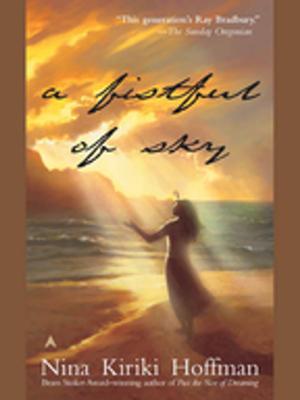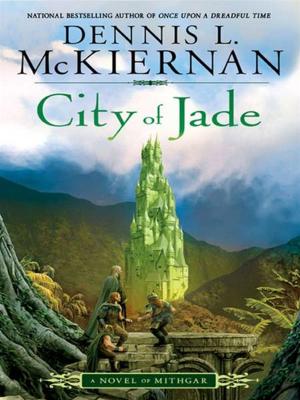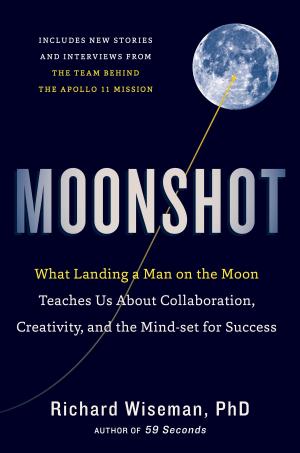| Author: | Diane Smith | ISBN: | 9781440626517 |
| Publisher: | Penguin Publishing Group | Publication: | March 30, 2004 |
| Imprint: | Penguin Books | Language: | English |
| Author: | Diane Smith |
| ISBN: | 9781440626517 |
| Publisher: | Penguin Publishing Group |
| Publication: | March 30, 2004 |
| Imprint: | Penguin Books |
| Language: | English |
Diane Smith's acclaimed novels feature strong heroines, memorable characters, surprising revelations from the natural sciences, and an original perspective on the American West. Set in 1876, right after the Battle of Little Big Horn, her new novel tells of Eleanor Peterson, a scientific illustrator in her late thirties, and her friend and mentor Augustus Starwood, an aging portrait painter with a passion for Shakespeare, who join a diverse band of adventurers heading west to Montana to work on a dinosaur fossil dig. Told through Eleanor's remembrances years later, the story recounts the experiences of this ambitious and at times contentious field crew, as they argue over prevailing theories of evolution, contend with rival scientists, and worry about Indians moving north after their defeat of Custer. A vivid portrait of both the natural environment and the issues and ideas of the time, Smith's novel is ultimately a story of personal discovery, revealing the redemptive power of the land and its rivers.
Diane Smith's acclaimed novels feature strong heroines, memorable characters, surprising revelations from the natural sciences, and an original perspective on the American West. Set in 1876, right after the Battle of Little Big Horn, her new novel tells of Eleanor Peterson, a scientific illustrator in her late thirties, and her friend and mentor Augustus Starwood, an aging portrait painter with a passion for Shakespeare, who join a diverse band of adventurers heading west to Montana to work on a dinosaur fossil dig. Told through Eleanor's remembrances years later, the story recounts the experiences of this ambitious and at times contentious field crew, as they argue over prevailing theories of evolution, contend with rival scientists, and worry about Indians moving north after their defeat of Custer. A vivid portrait of both the natural environment and the issues and ideas of the time, Smith's novel is ultimately a story of personal discovery, revealing the redemptive power of the land and its rivers.















